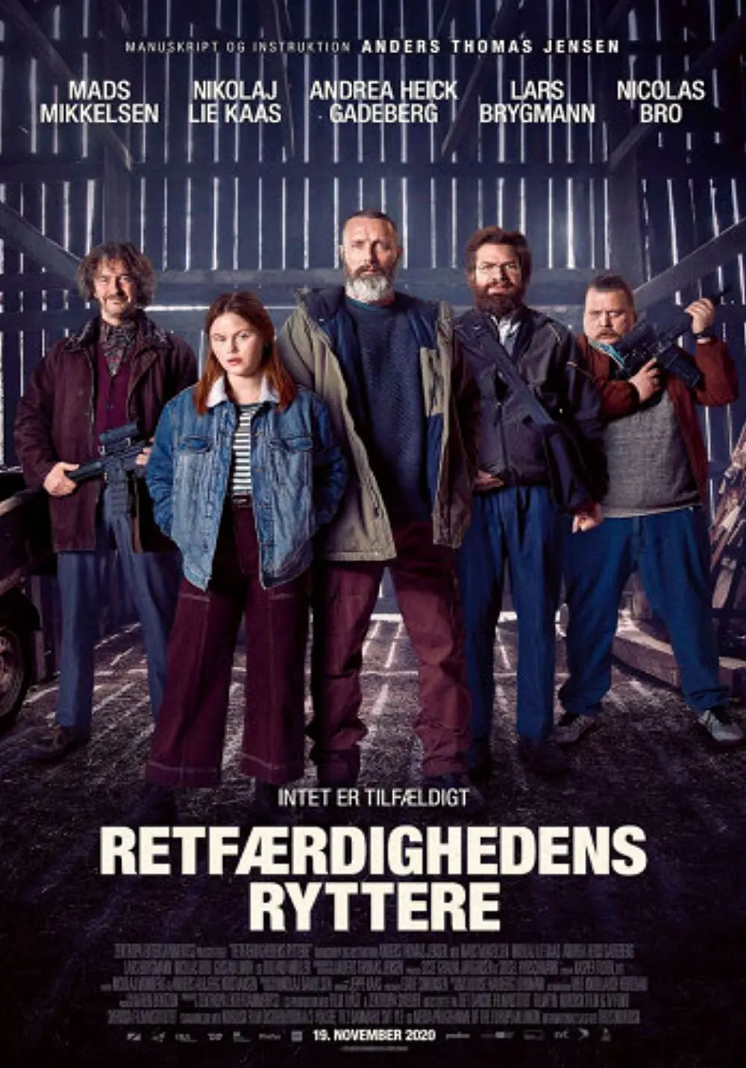Volaða land People and People

From 10 minutes into the film, things started to develop beyond my expectations. I thought it was going to be a healing film, but then I realized it wasn’t.
Behind the fierce culture clash, language clash, and human evil, there is a clash of ideas generated by the human ego when facing new people or things. The Danish priest comes to Iceland to preach in a remote place where the people believe in God but do not understand religion. The priest is like a mysterious intruder from a foreign land, and the people receive him but do not want to treat him well because they do not believe in him, and they are afraid of him and do not want to fear him. The two men most directly responsible for the priest’s tragedy are Ragnar, who hates Danish because his mother speaks it every Sunday, and Carl, who hates the priest because he doesn’t like the way he is a learned but sometimes overwhelmed man who doesn’t understand the male movement, and he is afraid that the priest will steal his daughter.
Two of the dialogues mention “animal” (beast), once Carl saw his youngest daughter Ida’s sharp teeth and said she looked like a beast, and the second time was when Ragnar confessed to the priest to tell him not to be afraid, that he would not use violence, that he was not a beastly animal, and asked him are you a beast? The film gives spirituality to many animals, such as Ragnar’s dog, Father Lucas’s horse, the eel in Ragnar’s story, the father of the chicken Anne killed. It’s hard to say if this was intentional on the director’s part, the contrast with people, or just a kind of revelation that all things are spiritual.
At first I didn’t quite understand the priest’s resentment towards Ragnar, thinking it was prejudice and indifference when we first met, only to find out later that Ragnar used to translate to the priest actually seeing death, indifferent to his injuries, but of course what finally broke him was his horse, because he repeatedly tried to keep the priest in isolation. ragnar had said that his mother told him that the king of Denmark Ragnar said that his mother told him that the King of Denmark was just an ordinary man, and that he would grow up to be a man, so he always imagined himself to be the King of Denmark. On a closer look, it’s more like a man’s quest for power, and the priest has missionary or God-given power, but he doesn’t. He says he wants to become a religious person maybe just to ask the priest whether he knows God or not, or maybe his life has lost its expectation and trust, and he really needs a new faith, after all, he did not become the King of Denmark.
And finally Carl’s motivation is more difficult for me to understand in detail. But Carl lives alone with his two daughters, and one can guess that her wife left him, so he took the children to live in Iceland. But he loathes the Icelandic environment and says some unkind things to Ragnar about Icelanders, and has no extra friendly feelings towards the priest. This does not exclude the fact that his failed marriage has created a personality that is disgusted with everything around him. And eventually the church was built, the priest’s escape during the prayer plus the priest’s closeness to her daughter became two things that made him lose his dignity, so he chose to go to extremes.
Although the priest is the main character of this film, but I do not want to do some speculation, has shown the part of the portrayal of his own has actually been direct enough. He chooses to pray to God in the face of all difficulties, but in the end he fails to complete his task, commits sins, and gets a tragic end.
Even though everyone cannot escape from evil, there is still still stillness, love and joy in the priest’s photo. The act of taking a picture is like an expression of love and kindness.
I could feel the director’s love and affection for both Denmark and Iceland, and the shots of Iceland were real, beautiful, cruel and stunning. The shots of the volcano during and after the eruption were so stunning, and every other scene was equally beautiful.




